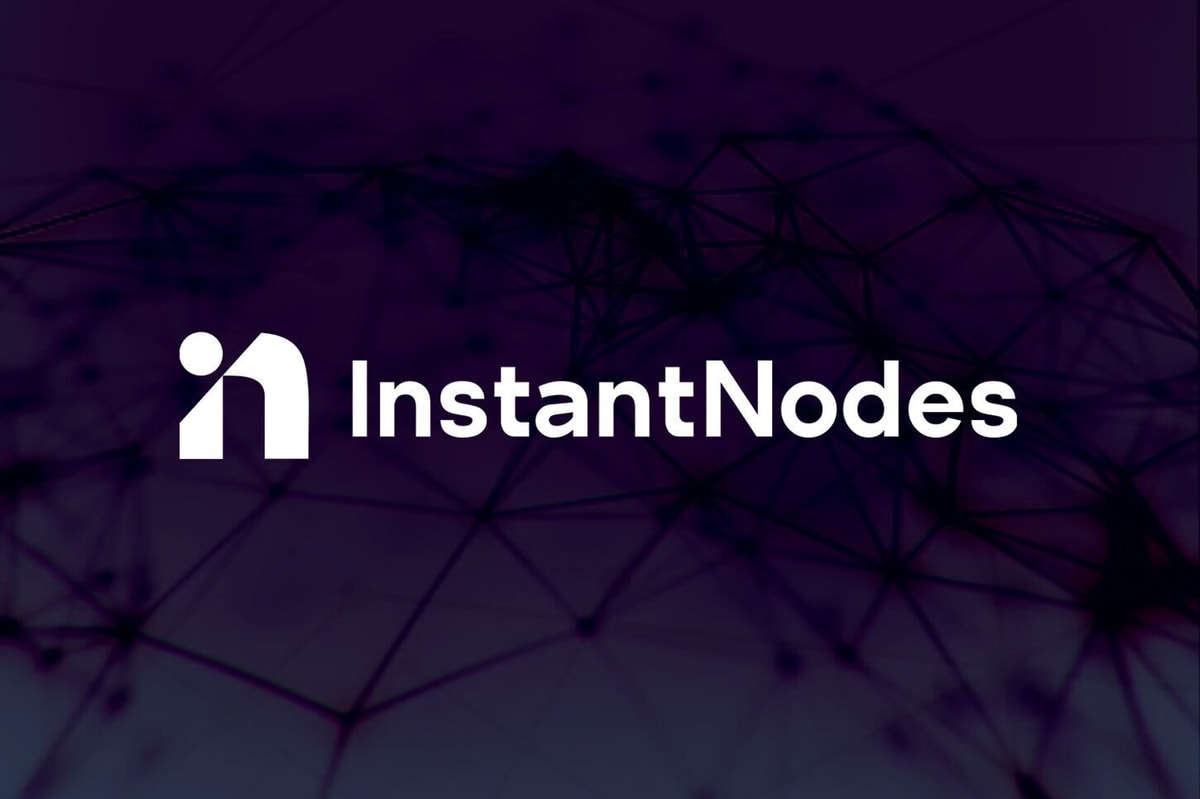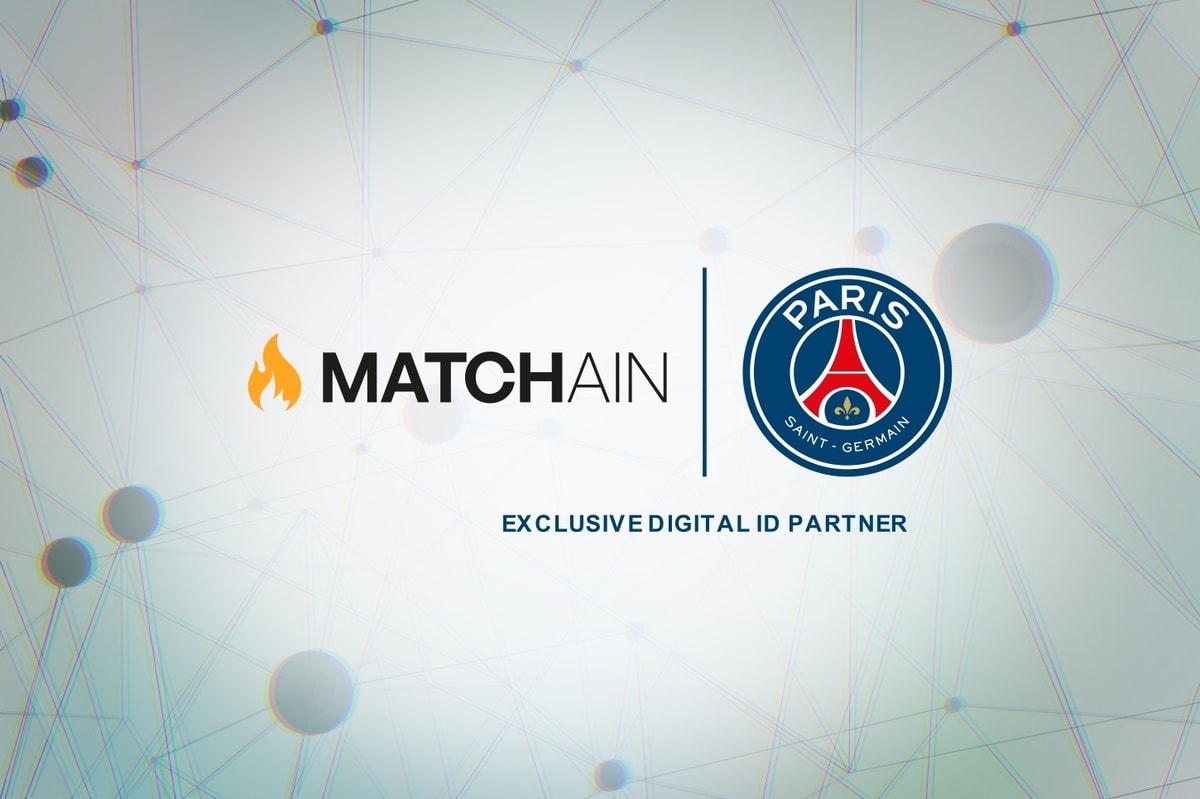
Sovereign Wallet (SWN Global) is one of 12 CBDC technology vendors participating in the BIS's "Project Polaris: A High-Level Design Guide for Offline Payments with CBDC," alongside major central banks including Bank of Finland, Bank of Israel, Central Bank of Iceland, European Central Bank, Norges Bank, Sveriges Riksbank, BIS innovation hub Nordic Centre, Consult Hyperion, and tech companies such as Google, IBM etc.
This marks the fourth and final installment of the groundbreaking Project Polaris series by the BIS Innovation Hub. It concludes the exploration of secure and resilient CBDC systems, both offline and online. The objective of this project is to provide a comprehensive guide for the design of CBDC systems, with a particular focus on the trade-offs involved in various design choices for offline CBDC.
Offline CBDC implementation is recognized as the ultimate frontier in CBDC design. It's well known that consensus protocols used in typical blockchains require network connectivity to function. As a result, blockchain technology is not suitable for designing cash-like, offline CBDC systems. This is why no cryptocurrency companies were involved in this project. Offline payments are a key reason why central banks are opting for payment-based CBDC rather than smart contract-based CBDC.
Sovereign Wallet showcased its innovative "Chained Cash" technology during a deep dive session in Project Polaris. This technology enables tokenized payments to work seamlessly in both online and offline environments. One significant advantage of this approach is the convenience it offers to users, as there's no need to convert offline CBDC to online CBDC and vice versa.
Phantom Seokgu Yun, the CEO of SWN Global, expressed his belief in the preeminence of "Chained Cash" for CBDC design. He highlighted that it avoids the confusion of users having to switch between online and offline CBDC. Additionally, it is a more secure and cost-effective solution for central banks, eliminating the need to maintain two separate CBDC systems and ensuring interoperability. This not only reduces costs but also enhances security.
To delve deeper into this project and its findings, you can explore the full report by visiting [https://www.bis.org/publ/othp79.pdf]. Join us as we navigate the future of offline payments with CBDC.











